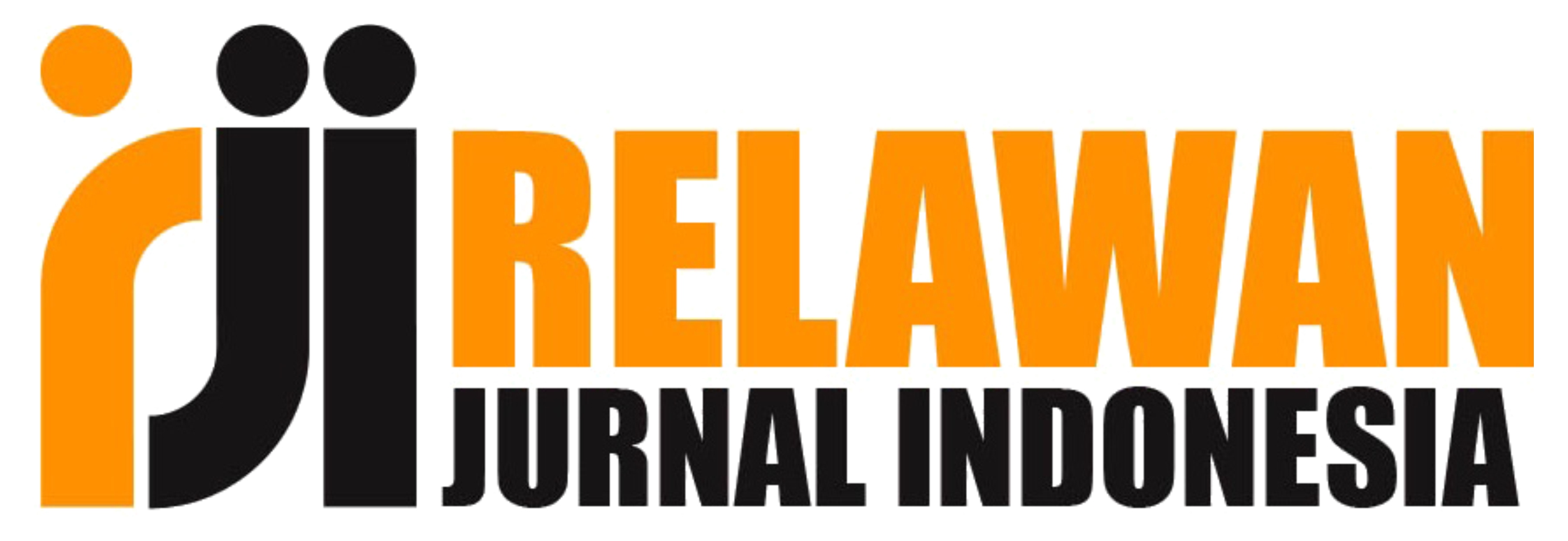Strategi Implementasi Kurikulum Merdeka Untuk Anak Berkebutuhan Khusus Di Sekolah Inklusi School Of Universe
DOI:
https://doi.org/10.61476/573q9f88Keywords:
Inclusive education, Kurikulum Merdeka, Special needs children, Teaching strategies, InclusionAbstract
This study focuses on the implementation of the Kurikulum Merdeka in inclusive education for children with special needs at the School of Universe, a school that adopts an inclusive education system. The identified problem is how the curriculum can be adapted to support the diverse learning abilities of students, particularly those with special needs. The aim of this study is to analyze the strategies and approaches used in teaching, as well as the role of teachers in supporting the learning process of students with special needs. The research method employed is qualitative with a case study approach, where data were collected through in-depth interviews, observations, and analysis of relevant documents. The results show that curriculum adjustments, such as the use of flexible teaching methods and the integration of technology, can improve motivation, engagement, and learning outcomes for students with special needs. Furthermore, the support provided by teachers through individualized teaching approaches plays a significant role in creating an inclusive learning environment. The conclusion of this study highlights the importance of flexibility in curriculum implementation and the need for teacher training focused on developing skills to manage diverse student abilities in inclusive schools. This research makes an important contribution to the development of inclusive education in Indonesia.
Downloads
References
Alexiou, A. (2022, June 14). Using Active Learning to Teach Critical and Contextual Studies: One Teaching Plan, Two Experiments, Three Videos. 8th International Conference on Higher Education Advances (HEAd’22). Eighth International Conference on Higher Education Advances. https://doi.org/10.4995/HEAd22.2022.14863
Andini, D. W., Rahayu, A., Budiningsih, C. A., & Mumpuniarti, M. (2020). The Curriculum Adaptation Model in Fulfilling the Learning Need for Diverse Students at Inclusive Classroom. Universal Journal of Educational Research, 8(3D), 115–123. https://doi.org/10.13189/ujer.2020.081716
Chou, M.-H. (2023). Strategies for interactive listening in modern foreign language learning. Language Awareness, 32(1), 169–191. https://doi.org/10.1080/09658416.2022.2047194
Dalgaard, N. T., Bondebjerg, A., Viinholt, B. C. A., & Filges, T. (2022). The effects of inclusion on academic achievement, socioemotional development and wellbeing of children with special educational needs. Campbell Systematic Reviews, 18(4), e1291. https://doi.org/10.1002/cl2.1291
Dillon, S., Armstrong, E., Goudy, L., Reynolds, H., & Scurry, S. (2021). Improving Special Education Service Delivery Through Interdisciplinary Collaboration. TEACHING Exceptional Children, 54(1), 36–43. https://doi.org/10.1177/00400599211029671
Fauzan, H. N., Francisca, L., Asrini, V. I., Fitria, I., Firdaus, A. A., & Dahlan, U. A. (n.d.). SEJARAH PENDIDIKAN ANAK BERKEBUTUHAN KHUSUS (ABK) MENUJU INKLUSI.
Gui, Y. (2024). Research On Influencing Factors and Promoting Strategies of Teacher-Student Interaction in Physical Education Classroom. Journal of Medicine and Physical Education, 1(2), 18–20. https://doi.org/10.62517/jmpe.202418203
Hasan, M., Arisah, N., Ratnah S, Ahmad, M. I. S., & Miranda. (2023). Experiential Learning Model for the Development of Collaborative Skills through Project Based Learning Practicum. JPI (Jurnal Pendidikan Indonesia), 12(2), 340–349. https://doi.org/10.23887/jpiundiksha.v12i2.57376
Mirari, K. (2022). The Effectiveness of Adaptive Learning Systems in Personalized Education. Journal of Education Review Provision, 2(3), 70–76. https://doi.org/10.55885/jerp.v2i3.194
Muhammadiyah University Kotabumi, Lubis, S., Priyadi, M., & Muhammadiyah University Kotabumi. (2022). IMPLEMENTATION OF THE INDEPENDENT LEARNING CURRICULUM IN ELEMENTARY SCHOOL. SCHOOL EDUCATION JOURNAL PGSD FIP UNIMED, 12(4), 356–361. https://doi.org/10.24114/sejpgsd.v12i4.40962
Pakpahan, H. M., Suherni, S., Pujiati, L., & Girsang, R. (2023). Effectiveness of Indonesian Education Curriculum Reform on the Quality of Processes in Learning. Jurnal Penelitian Pendidikan IPA, 9(1), 564–569. https://doi.org/10.29303/jppipa.v9i1.3930
Sangiuliano Intra, F., Nasti, C., Massaro, R., Perretta, A. J., Di Girolamo, A., Brighi, A., & Biroli, P. (2023). Flexible Learning Environments for a Sustainable Lifelong Learning Process for Teachers in the School Context. Sustainability, 15(14), 11237. https://doi.org/10.3390/su151411237
Shlapko, T. V., Filonenko, S. S., Kovalevskyi, M. M., & Hryb, A. A. (2022). International experience of legal regulation of inclusive education. Analytical and Comparative Jurisprudence, 3, 79–85. https://doi.org/10.24144/2788-6018.2021.03.14
Singh, D. I. (2023). Culturally Responsive Practices in Special Education. Global International Research Thoughts, 11(1), 43–46. https://doi.org/10.36676/girt.2023-v11i1-09
Yulianti, Y., & Hadi, S. (2023). Policy analysis of independent curriculum in elementary schools. Jurnal Bidang Pendidikan Dasar, 7(2), 126–141. https://doi.org/10.21067/jbpd.v7i2.8388
Published
Issue
Section
License
Copyright (c) 2024 Fitrah Febri Salam, Nur Amalia Zahra, Siti Mariyatul Koimah (Author)

This work is licensed under a Creative Commons Attribution-ShareAlike 4.0 International License.












